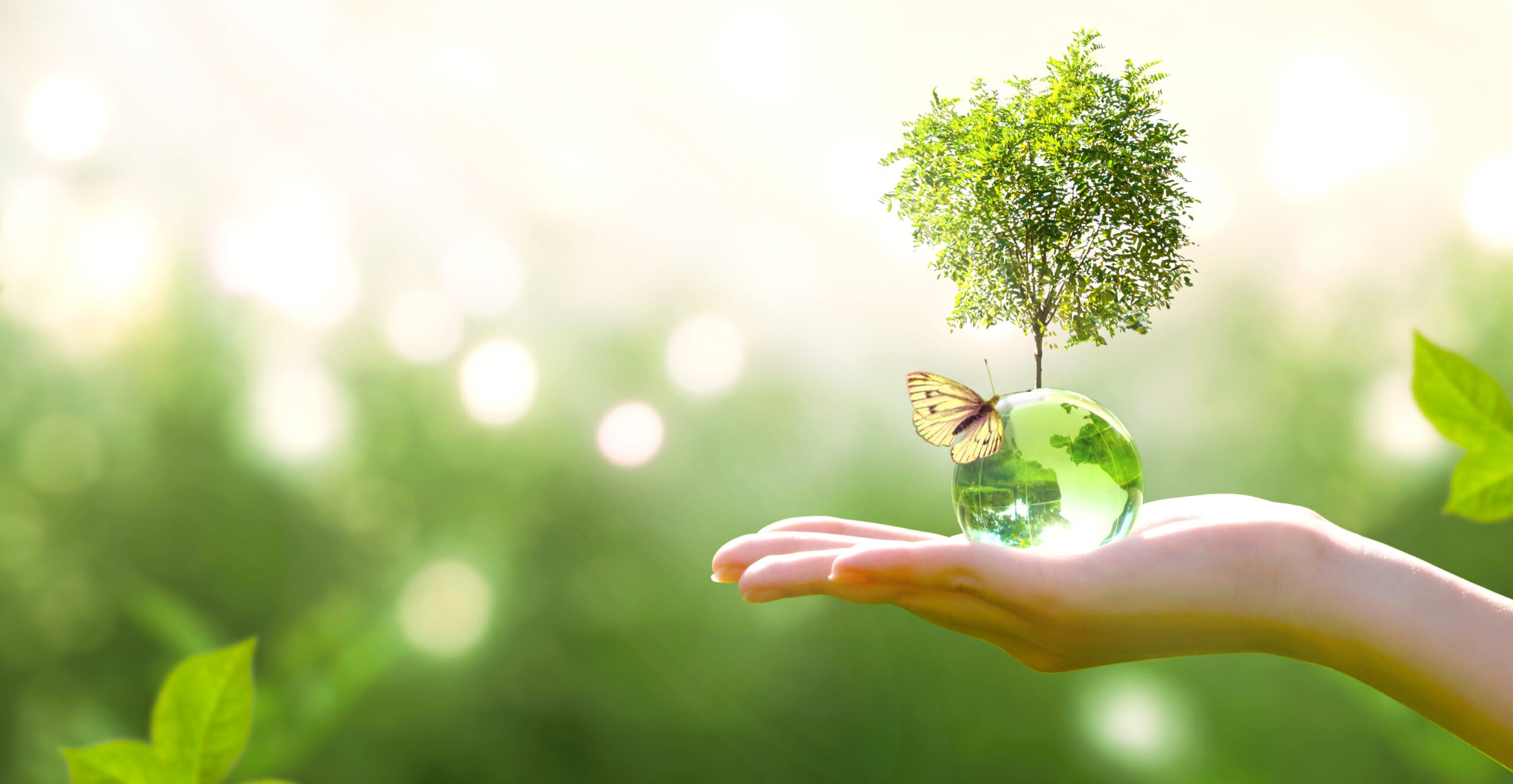
River Island and Oliver Bonas are among the latest signatories to global environmental NGO WRAP’s Textiles 2030: UK Sustainable Textiles Action Plan which launched with 63 signatories on 26 April last year. Now, the ten-year sustainability programme for clothing and textiles has 100 businesses signed up.
Textiles 2030 brands and retailers now represent over 62% of all clothing products placed on the UK market. WRAP describes Textiles 2030 is an action-oriented initiative based on tackling climate change through circularity, adding as more of the sector gets involved, faster progress can be made and with greater impact.
Marcus Gover, CEO of WRAP says: “WRAP wants to create a world in which climate change is no longer a problem. But, with the global fashion industry being responsible for creating more emissions than all international flights and maritime shipping combined, we won’t achieve this if we don’t tackle the way clothes are produced, used and disposed of. Textiles 2030 is a dynamic and fast-paced approach to the problem with the long-term goal of radically changing how we use textiles to a more sustainable model – for all textiles in the home. We are delighted that after less than a year we have 100 signatories from across the textiles sector committed to this goal.”
Specifically, Textiles 2030 aims to reduce the greenhouse gas footprint of products sold by 50%, in line with the Paris Agreement on climate change and achieving net zero by 2050. It aims to reduce the water footprint of products by 30%.
It also hopes to set a new vision for the industry in which products are designed to be circular, so last for longer and then be recycled at the end of their lives, as well as being re-used and repaired where possible.
Progress of individual businesses is closely tracked by WRAP through annually submitted data as well as actions taken against each stage of the product lifecycle. The Textiles 2030 Roadmap outlines scenarios, activities and milestones that demonstrate how the absolute targets can be achieved and shows what signatories must do to deliver the targets, with key outcomes by the end of 2022, 2025 and 2030.

US Tariffs are shifting - will you react or anticipate?
Don’t let policy changes catch you off guard. Stay proactive with real-time data and expert analysis.
By GlobalDataThe latest updated version of the Textiles 2030 Footprint Tool, which allows businesses to calculate the greenhouse gas emissions and water footprint associated with their textiles product ranges, was launched last month. The tool improves the data available to inform decision-making and covers the whole life cycle of those products, from the production of raw materials, through various manufacturing processes, wear and washing by consumers while the products are in use, and final waste disposal.
Textiles 2030’s international ambitions will be further realised later this year as the first in a planned Global Network of agreements is launched in Denmark.
Earlier this week, WRAP defended itself after it was one of ten schemes deemed not to be “fit for purpose” by the Changing Markets Foundation which added voluntary initiatives are failing to move the needle on sustainability.
A spokesperson for WRAP told Just Style it agreed legislation is important for creating change: “but it takes a long time to put new rules and regulations in place – time we don’t have.”
“We use business voluntary agreements in the absence of legislation so that systems change can be delivered as quickly as possible. Our experience with food and plastics, as well as textiles, shows that they work and that businesses can be brought on board to make important steps early on.”



